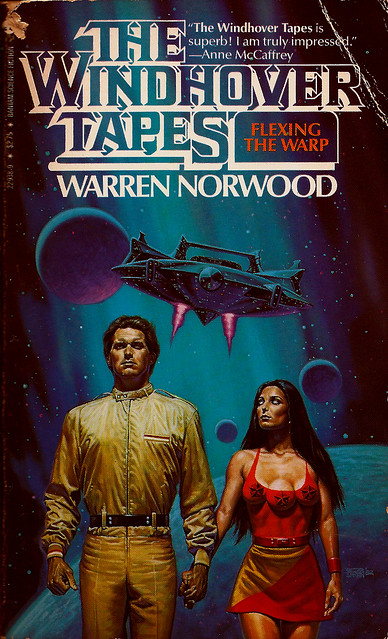Yesterday my wife Lauren and I spent the afternoon at the Baltimore Book Festival. We were there largely for Lauren, because she had the first official signing for her new book Wicked Baltimore. Here she is signing it for one of her new fans:
If you have any interest in Baltimore/Maryland history, or you just like reading about the dark corners you don't normally get in history books, it's a fun read covering everything from Poe to political riots to grave robbing. Check out her own site for more info.
I did a lot of wandering around while Lauren was signing and selling copies. The Science Fiction and Fantasy Writers Association had a small tent there that featured readings and sold books by some local members as well as some fun games. The Maryland Writer's Association also had a nice little tent, which featured among other things a nice announcement from the Baltimore Review. They're re-launching their literary journal but as an online-only product. They seem to hope it will allow them to publish a greater number of authors and highlight them in different ways. I wish them luck with the venture and may even send them something soon.
I also spent a lot of time at the Radical Books Pavilion. Sponsored by Red Emma's, a Baltimore Bookstore and coffee shop that focuses on "radical politics", I was intrigued even if a lot of the material and other people there made me feel like a crazy right winger. I took in a really interesting talk by Dean Spade, a lawyer and law professor from Seattle who is a big spokesperson and advocate for gender, sexual and transgender politics. I have to admit I came not being at all familiar with Spade, but he's a definite rock star in his world. He spoke largely about the ineffectiveness of focusing on legal aspects like forcing the adoption of hate crime legislation and suggested that more locally-based pressures are required to create real change. It's not a world I know a lot about but I found it pretty eye-opening and couldn't help but wonder what, if anything, I can do in my position as a librarian in a moderate/liberal but fairly comfortable part of the country.
Excelsior



